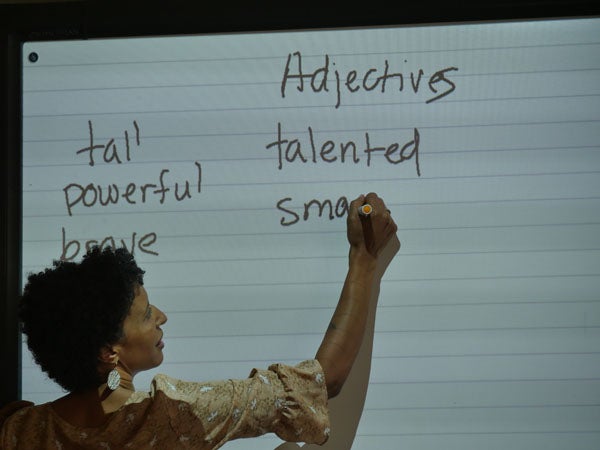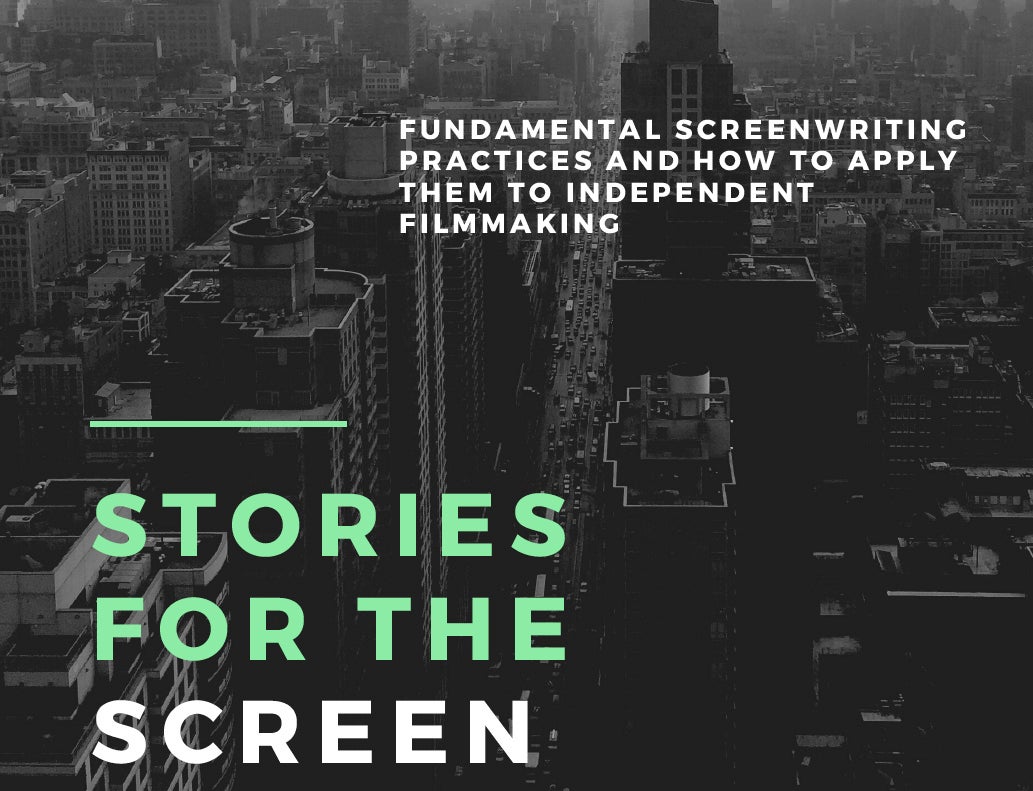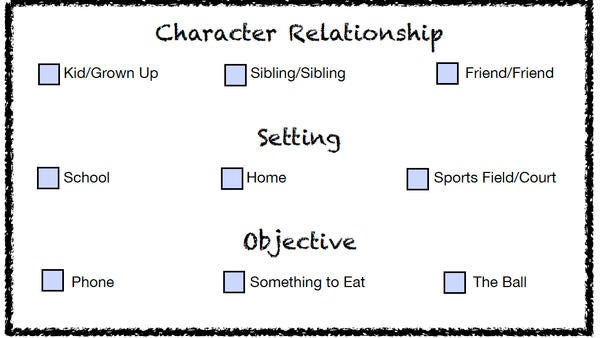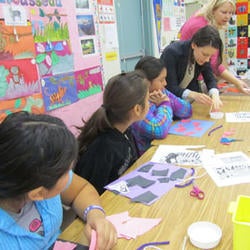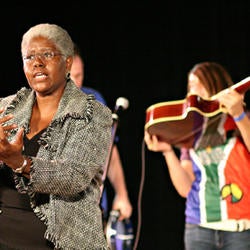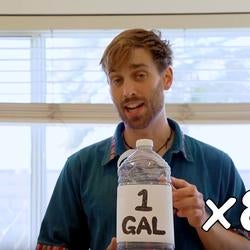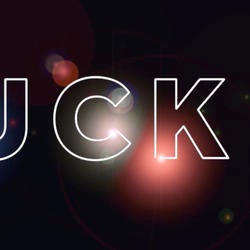Gluck Creative Classroom - Creative Writing
Fiction / Non Fiction
|
Form into Fiction: Translating Texture into Words (video) |
Form into Fiction: Translating Texture into WordsIn this program we’ll explore different definitions of texture and how to write them so that we can describe our tactile experiences. |
|
A Freestyle writing exercise, using food memories to explore memoir writing |
|
A lesson plan and graphic organizer using Who, Where, When and What to create a memoir |
|
An introduction to flash/micro fiction for students of all ages |
|
An exercise using text from Charlotte's Web to improve descriptive writing |
|
Journal writing exercises to explore synesthesia |
|
Learn the basics of storytelling from the works of the late 16th and early 17th century Spanish master storytellers |
|
Prompts sheet to encourage imagination of one's own world. Based on Marco Polo's adventures. Ages 8+ |
|
A group game to practice brainstorming narrative elements |
|
Learn to describe abstract concepts with concrete descriptions |
|
An exercise in utilizing your 5 senses to express the world around you |
|
A daily exercise to strengthen observation and language skills |
|
A lesson plan for metaphor and simile using 'Hairs' from 'The House on Mango St' |
|
Activities that explore the use of Action Verbs and acting them out in a game of Charades. |
Play and Screenwriting
|
|
Welcome to Stories for the Screen. In this workbook, you will discover fundamental screenwriting practices and how to apply them to independent filmmaking. If you have worked on films before, have written your own story, or if this is your first time being exposed to storytelling and screenwriting techniques, this is a great guide for any experience level. Download: |
|
Students will create characters with compelling motivations and understand that every character has desires that they’re trying to meet. Students will learn ways in which to build verbal conflict in a scene that escalates and keeps the audience engaged through workshops and writing a dialogue that considers emotional arcs and compromise. Students will have the opportunity to write their own scenes that enhance emotional literacy and understanding of story concepts such as rising action and climax. |
"Hey! Give Me That Back!" Writing Your Own Mini-Play
Downloads: |
|
Instructions for drafting a 5-minute scene or play |
|
Practice using subtext for character and scene development |
|
Learn how to construct a story for screen or stage by mixing and matching story elements |
|
Introduction to stage play structure with folktale examples |
Poetry
|
This self guided workbook guides students through the basics of poetry, with the end goal of writing a sonnet. From Syllables to Sonnets: The Basics of writing structured poetry |
|
Use characteristics of animals to describe emotions |
|
A fun way to play with language to create poetry |
|
Lean about and how to create haiku's with this fun game |
|
A poetry exercise to reflect on how your community has changed after your awareness of COVID-19 |
|
A California Poet Laureate Project - A poem by California Poet Laureate Juan Felipe Herrera, 2014 |
|
Learn about the concept of Personification and perspective, with games using index cards |
|
A poetry workshop using creative language to make ordinary things beautiful |
|
A one-word-at-a-time poem building workshop |
|
Exercises for using the sense of smell to write poems |
|
A lesson plan for using rhyme and alliteration in poetry |
|
A workshop for creating poetry inspired by chickens |
|
A mystery-solving workshop using inference and observation to create a poem |
|
A workshop that examines contemporary poets of color and their work |
|
A poem about vegetables and a graphic to help inspire the imagination. |
About the UCR Department of Creative Writing
The Department of Creative Writing at UCR offers the only Bachelor of Arts in Creative Writing in the University of California system and MFA in Creative Writing and Writing for the Performing Arts. It is a growing and dynamic program made up entirely of established writers and poets. Courses at UCR are designed for all students in the language arts, and they emphasize developing each student's skills and talents. Through writing fiction, poetry, nonfiction and/or drama, students examine language and meaning both as practitioners and as readers as they develop and hone essential writing techniques.
Every writer needs to develop a critical sense to augment creative ability. For this reason, the Creative Writing Department offers two types of courses. Workshop courses are seminars that focus on writing and on the discussion of student work. Reading courses for writers focus on aspects of literature presented from a writer's point of view. Frequently they employ writing in imitation as one of several approaches to understanding the craft of writing. Upper division workshop courses are offered at the beginning, intermediate, and advanced levels in poetry, nonfiction, and fiction. Several reading courses link two genres such as fiction and poetry, and poetry and drama.
